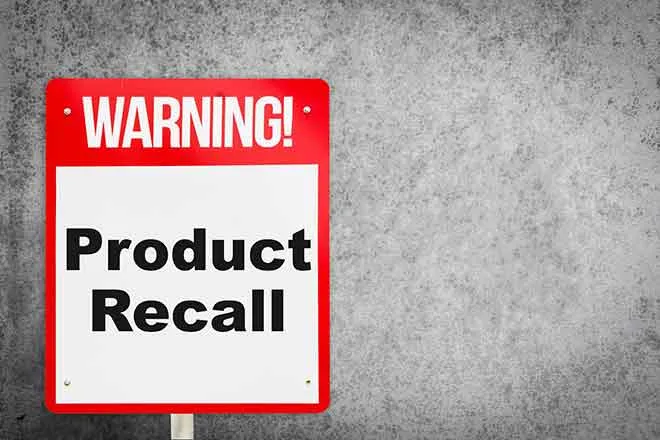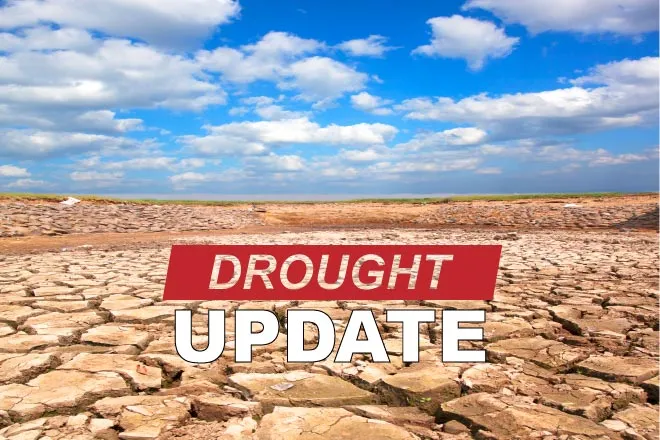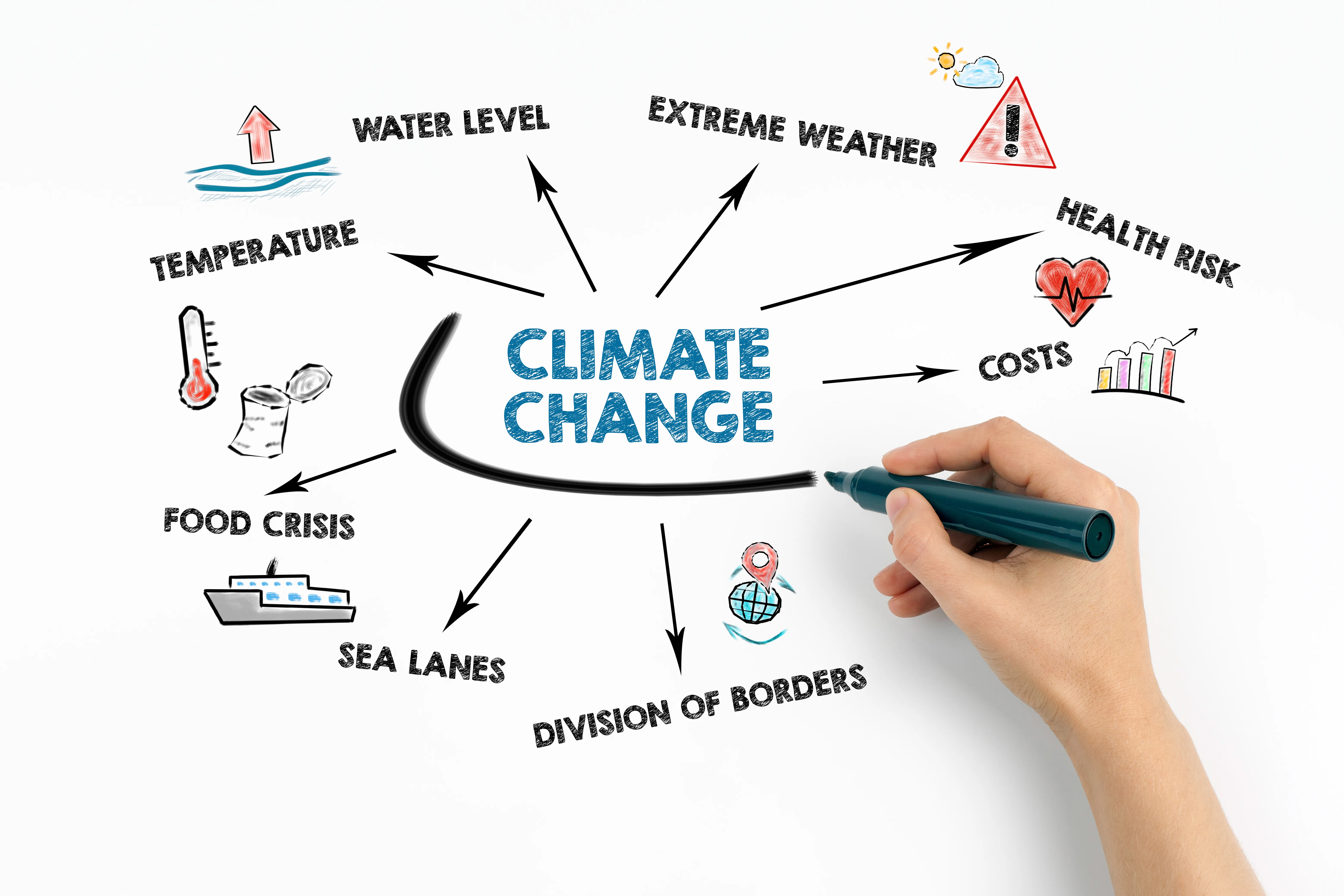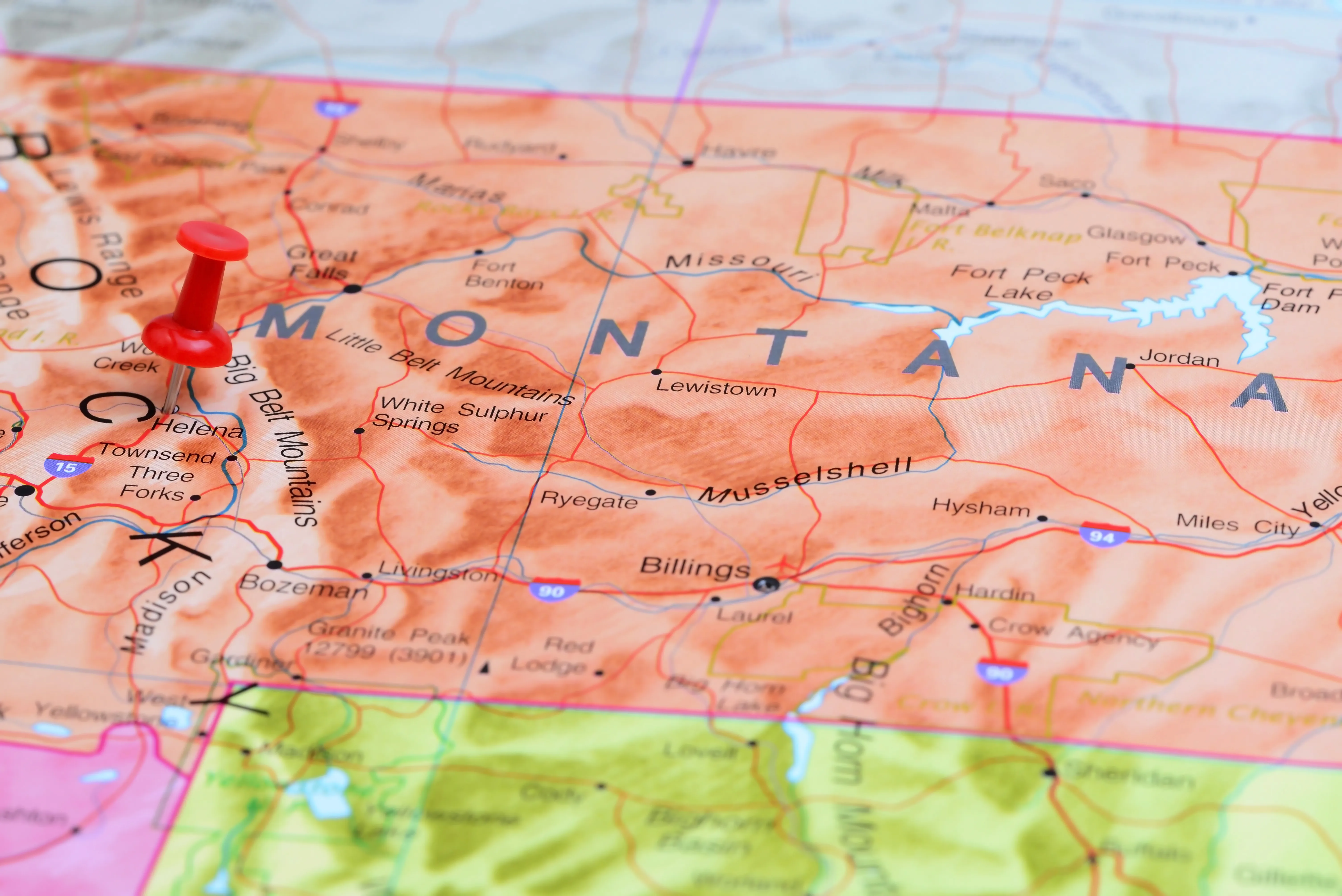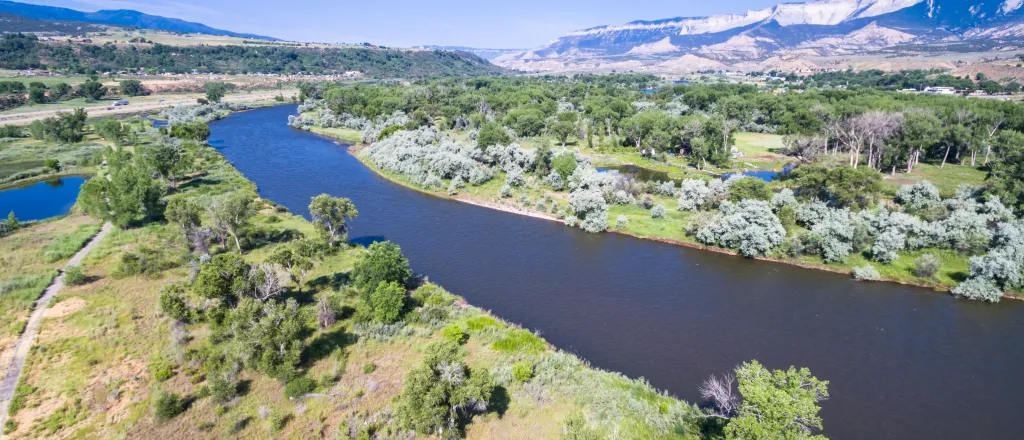
Restoring protections for Colorado endangered waters and wetlands
Click play to listen to this article.
(Colorado News Connection) Colorado lawmakers are considering legislation to restore protections to key waters and wetlands struck down by the U.S. Supreme Court last year in a decision leaving more than half of the nation's water supply at risk of industrial pollution.
Margaret Kran-Annexstein, director of the Colorado chapter of the Sierra Club, said House Bill 1379 is in sync with Colorado voters, pointing to a recent survey which found nearly nine in 10 voters want to limit damage and pollution from development, industry and mining on wetlands and streams.
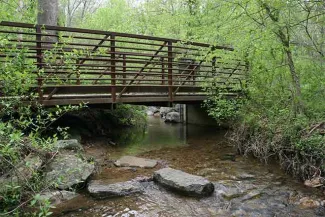
© flickrcc - USGS
"Recent polling has found that massive majorities of Coloradans, whether they are Democrat, Republican or Independent, really support common sense water protections that would happen under this bill," Kran-Annexstein reported. "I think we can all agree that clean water is a necessity."
A coalition of conservation groups support the measure to create a permitting program for responsible development through the Colorado Department of Health and Environment.
Last month, Senator Barb Kirkmeyer, R-Brighton, introduced an alternative proposal supported by the homebuilding industry, which would require a new division and staffing in the Department of Natural Resources.
Kran-Annexstein stressed clean, reliable water resources drive the economy and are vital for the health of communities. She believes the high court's ruling, claiming some waterways do not have significant connections to watersheds, was a win for corporate polluters who want to avoid permitting.
"In Colorado we know that there are a lot of streams and rivers and wetlands that run dry for certain parts of the year," Kran-Annexstein pointed out. "This ruling said that those waterways don't deserve protections and they don't count, just because they are seasonal."
Mountain states like Colorado are the source of drinking water for some 40 million Americans living in downslope states and Kran-Annexstein said the House bill is an opportunity to pass important and necessary protections after last year's Supreme Court decision.
"This decision left half of the waters across the United States unprotected by the Clean Water Act," Kran-Annexstein emphasized. "And really left it to states to make their own laws to protect state waters. And now it is the responsibility of states to step up and close that gap."

